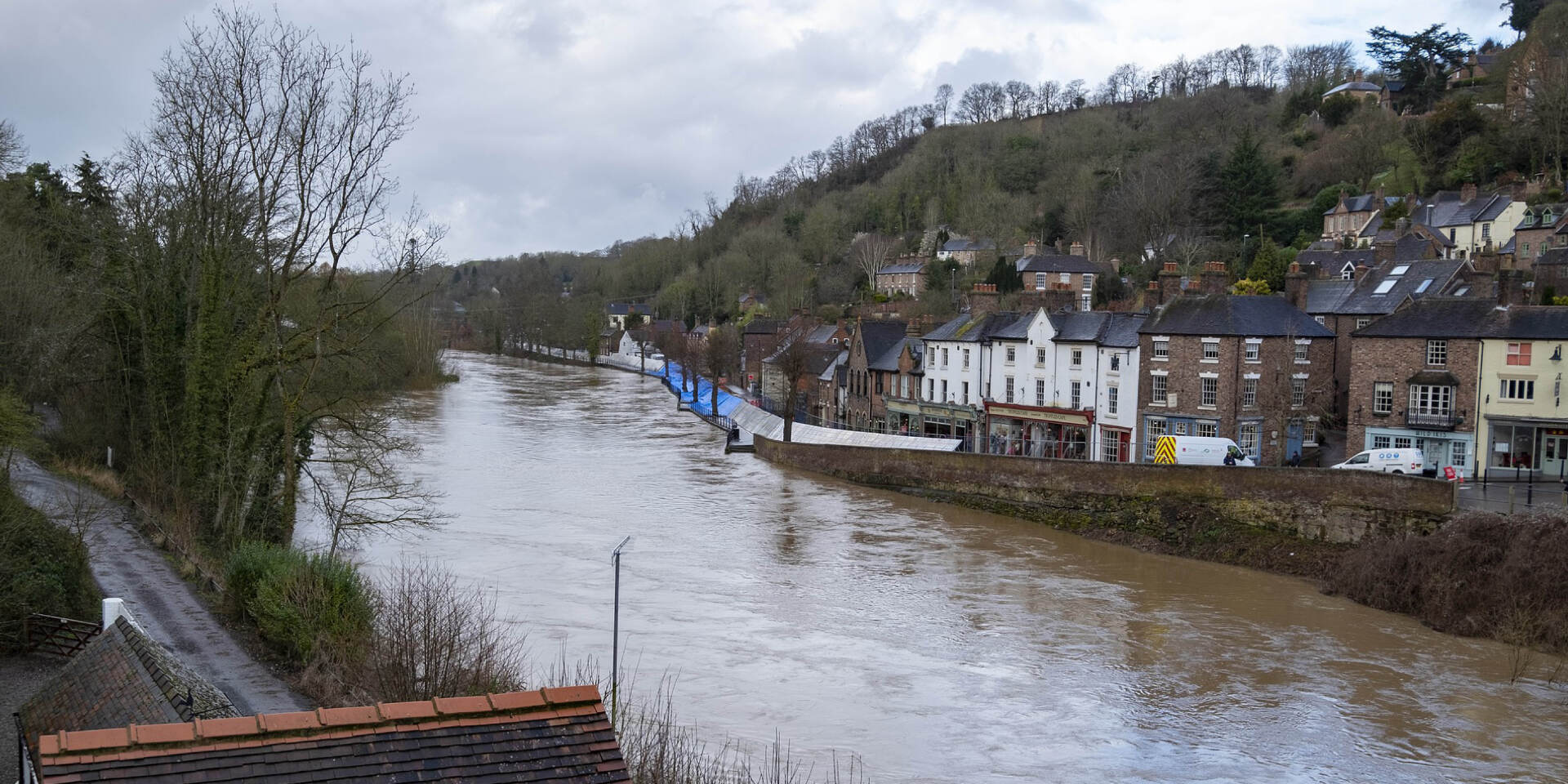Is It Time for a Different Approach to Flooding?
With all the rain that has fallen, it’s not surprising that over 400 flood warnings were issued throughout England last week. Within this context, a new study has been developed by North Yorkshire County Council and City of York Council which focuses on tackling flooding by working in partnership with upland landowners to allow their land to flood, thereby storing rainfall runoff and protecting properties in towns and villages downstream from flooding. Such schemes are often referred to as Natural Flood Management or Catchment Based Approaches.
Our technical specialists have been involved in the development of whole catchment approaches to flood mitigation for several years and will continue to support the concept and design solutions, into the future.
Upland land management practices can have detrimental effects on low lying areas further down the catchment. For example, moorland that is managed for grouse shooting or grazing is actively drained to reduce waterlogging. The drainage sheds the rainfall quickly, reducing upland storage and increases flow volumes and runoff rates. This results in more rapid and higher flood levels.
So what does the study set out to do?
The objective of the Yorkshire study is to link those landowners who can facilitate upstream natural flood management, with those that would benefit downstream, and to look at solutions and funding streams. Solutions might entail the stopping up or removal of existing drainage, which will flood and hold water on the moor. This not only reduces flooding downstream, but also supports the growth of peatland, creates new habitats and captures carbon, thus increasing the overall sustainability. Such approaches must however take account of land use change, which may result in a loss of revenue from for example reduced grazing, to the landowner and a change in the ecology of the moor.
Why hasn’t this already been implemented?
The whole catchment approach is a long-term ambition and requires multiple stakeholders to engage. It requires careful and delicate balancing of different interests, some of which are quite disconnected from each other. However, catchment scale Natural Flood Management, can be implemented, and on sufficient scale will contribute to urban flood risk management. Initiatives such as Environment Net Gain and offset agreements associated with planning conditions, are one way in which disparate stakeholders can be brought together, with a possible financial package to make things happen.
Michael Underwood, one of our Senior Hydrologists gives his take…
“Here at Envireau Water, we work hard to implement NFM solutions as an alternative to hard engineering approaches. This allows us to demonstrate how sustainable the approaches are and how they can be scaled up. Our surface water team are familiar not only with the geomorphological issues associated with soft designs, but also building hydraulic models to predict the areas that will be flooded in the upstream catchment and the reductions in flood risk downstream. Considering NFM at the catchment scale needs a science led approach, rather than the typical ‘trial and error’ methods which may be suitable at the small scale.”
It’s time to get in touch…
How does NFM and Environmental Net Gain fit into your project? Our surface water team will give you the confidence you need, using their expertise in geomorphology, modelling and the water environment we can evaluate if NFM is a viable option for you. Get in touch with Michael Underwood on
01332 871 882 or
Michael@envireauwater.co.uk.








